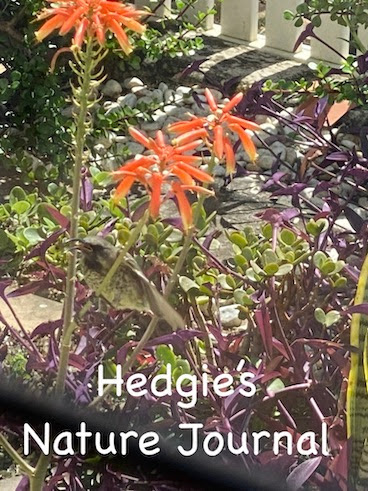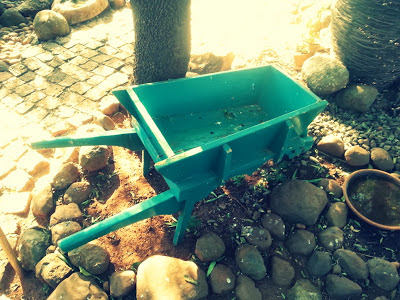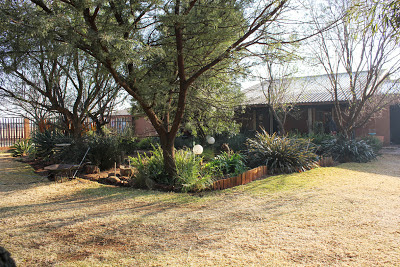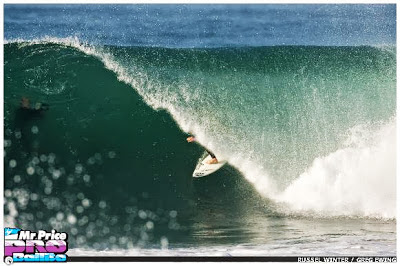As long as I live, I'll hear waterfalls and birds and winds sing. I'll interpret the rocks, learn the language of flood, storm, and the avalanche. I'll acquaint myself with the glaciers and wild gardens, and get as near the heart of the world as I can.
- John Muir
In December 2005, as I was doing some garden chores, a White Stork glided over my garden, did a u-turn and clumsily landed with a plop on the lawn, staggering to its feet as it landed. I was quite amazed at this sight and quietly observed him for a while before slowly approaching him. He unsteadily wandered a couple of paces and took shelter in the shade of one of my White Stinkwood trees (Celtis africana), standing quite still, looking in my direction. I've seen many storks foraging on our smallholding, especially after a veldfire, when they snack on the rich pickings of dead and burnt insects, and I've never seen one on its own, they're always together in a small flock.

Not knowing what to do, because he didn't look all that well to me, I let him rest for a while, thinking he would take to the air shortly. They weren't due to migrate for Europe until late-March, early-April, so it's not as if he could be tired. I thought maybe it was a fledgling, but when I later approached him and he made no attempt to wander away, I gave him a close inspection. He was extremely weak and very thin, and the only conclusion I could come to was that it was either a very old bird or very sick.
The garden had enough water in various bird baths and little ponds, so I carried on with my chores and just let him be. By the time it was getting dark, he was still wandering unsteadily around the garden, and finally he just settled next to some leaf cuttings still lying in the pathway.
I went to bed, spending most of the night worrying whether he would be Ok, even getting up a couple of times to check up on him, but, sadly to say, when I went out at dawn the next morning, I found him lying dead on the cuttings, as if fast asleep. I'd like to think that he was an old chap that had led a rich and full life with many a migration under his belt.
The White Stork (Ciconia ciconia) is a large wading bird in the stork family Ciconiidae, breeding in the warmer parts of Europe (north to Estonia), northwest Africa, and southwest Asia (east to southern Kazakhstan). It is a strong migrant, wintering mainly in tropical Africa, down to the south of South Africa, and also in the Indian subcontinent.

White Storks rely on movement between thermals of hot air for long distance flight, taking great advantage of them during annual migrations between Europe and Sub-Saharan Africa. The shortest route south would take them over the Mediterranean, but since thermals only form over land, storks take a detour. The options are limited, because to the east lies the Arabian Desert, where it is difficult to find food and water - and to the west lies the Atlantic Ocean. This leaves two narrow migration corridors: eastern storks cross the straits of Bosporus to Turkey, traverse the Levant (Syria-Lebanon-Israel-Palestine), and then bypass the Sahara Desert by following the Nile, while western ones fly through the straits of Gibraltar. Either way, the storks can get help from the thermals for almost the entire trip and thus save energy.
ISN'T THAT AN AMAZING FEAT?!
"White storks breed in open farmland areas with access to marshy wetlands, building a stick nest in trees, on buildings, or special platforms. Because it is viewed as bird of good luck, it is not persecuted, and often nests close to human habitation. In southern Europe, storks' nests can be seen on churches and other buildings. It often forms small colonies. Like most of its relatives, it feeds on fish, frogs and insects but also eats small reptiles, rodents and smaller birds."
This info from
"Wikipedia"
All pics taken in my garden.
Camera : FujiFinepix 2800Zoom
.

































